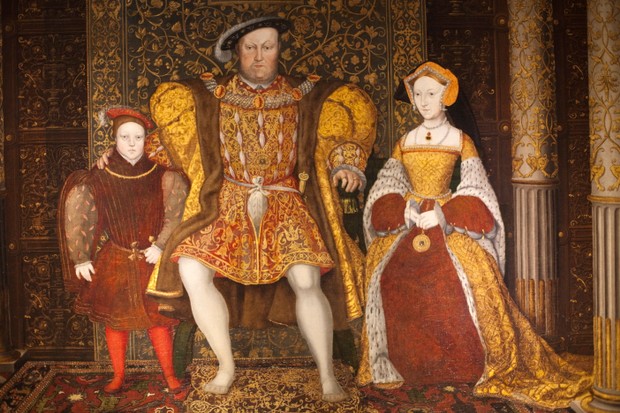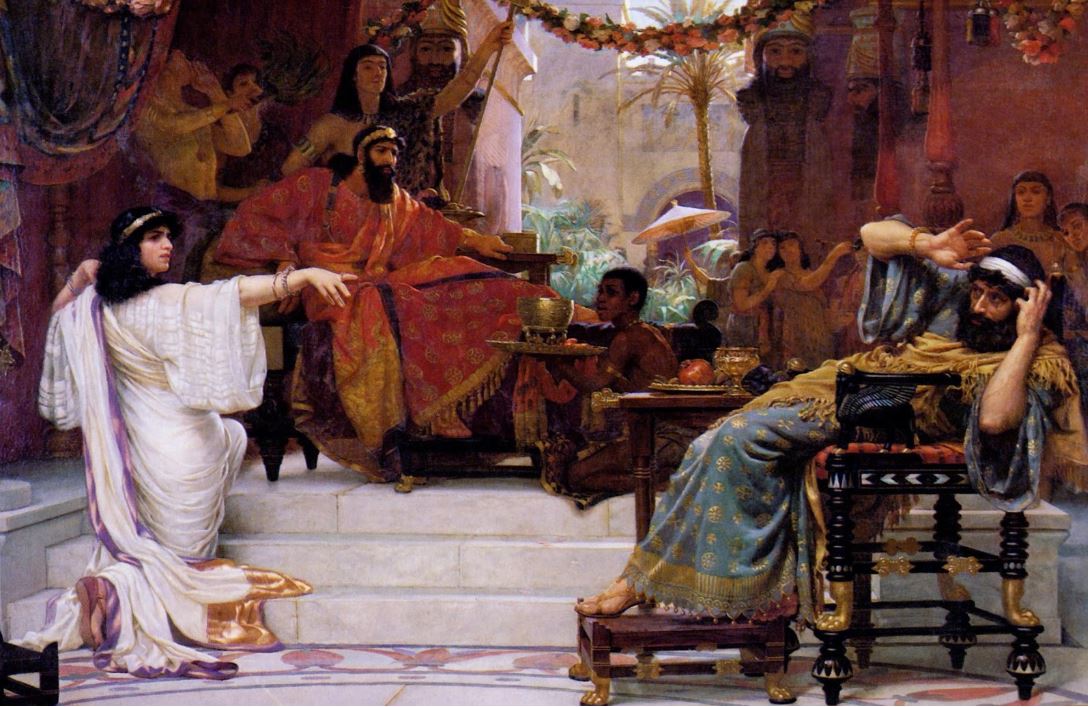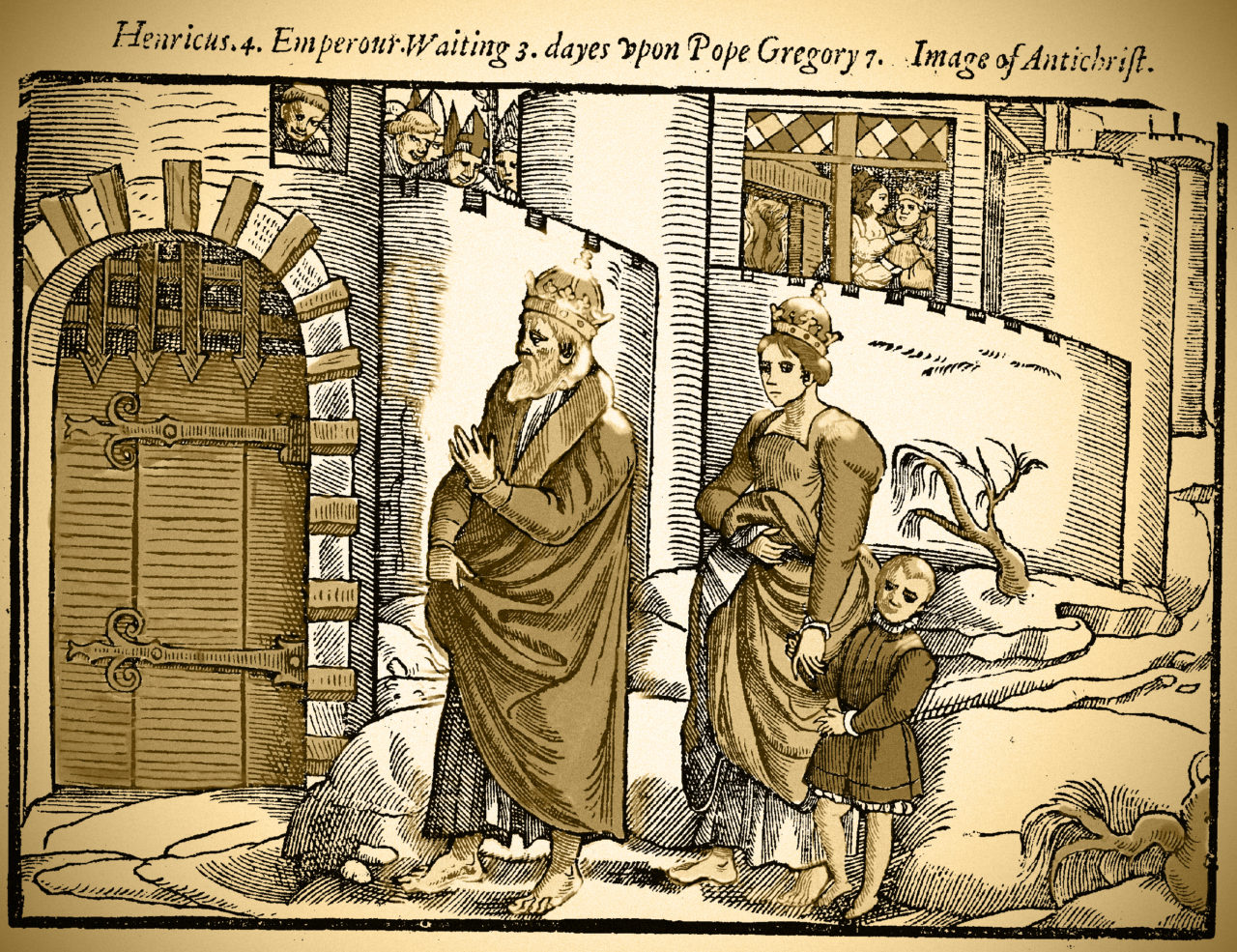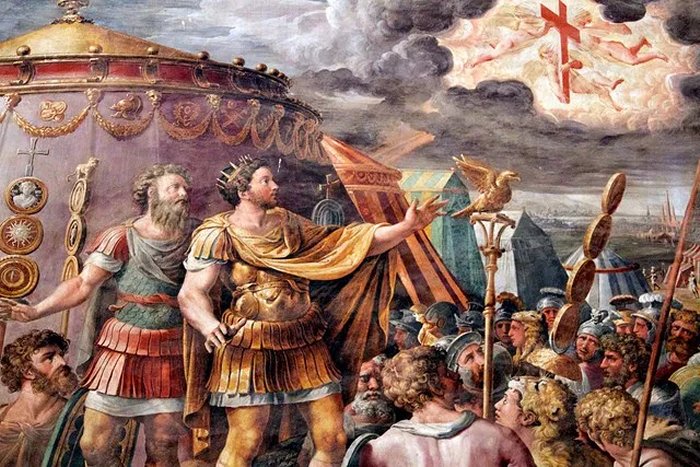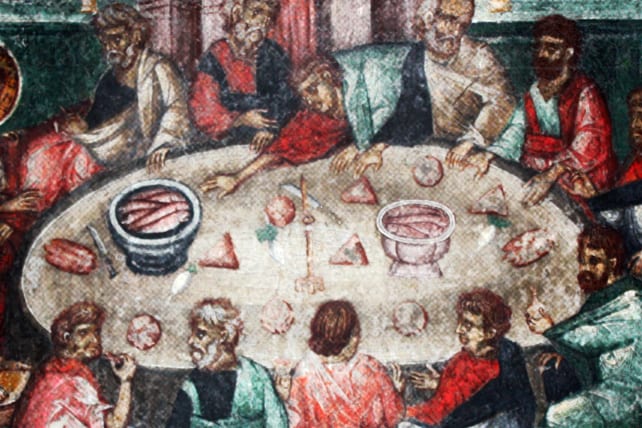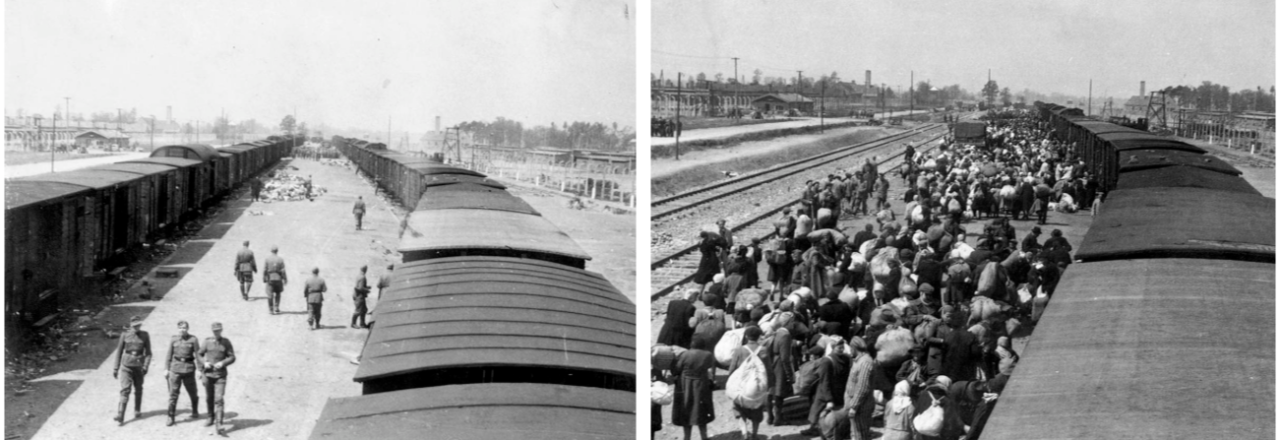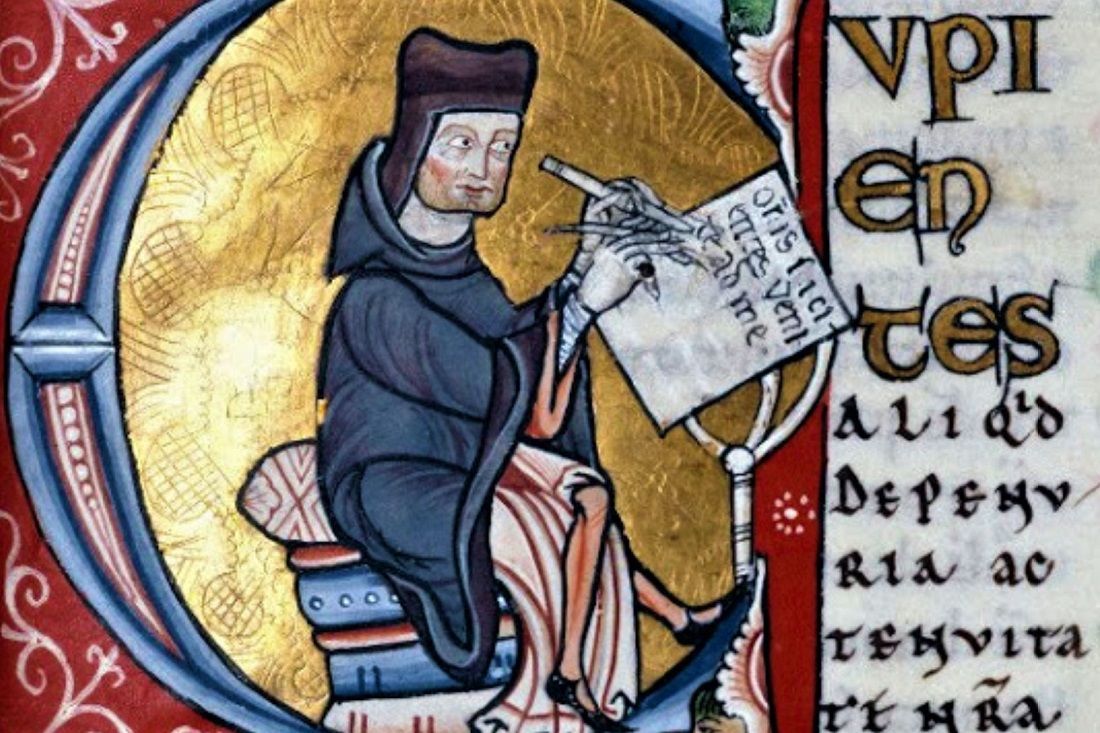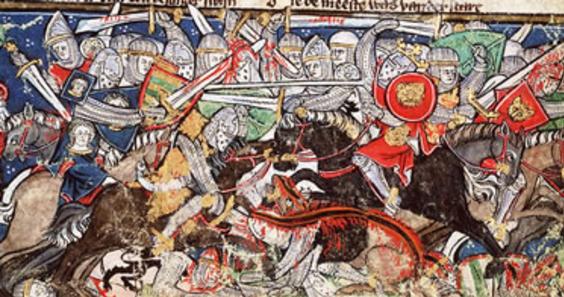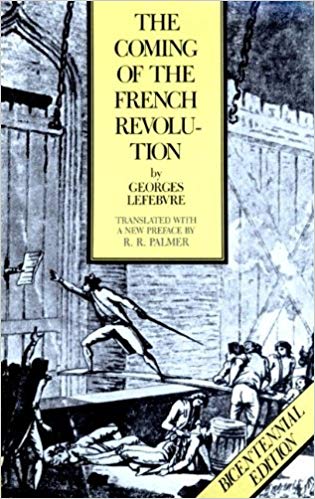Category: History
-

Church and State Part Four: The Reformation
This is the fourth and last installation of a series of articles in which I present my view of church history with a focus on the relationship between church and state. In my last article, I covered the middle ages. Today I cover the Reformation. Because excommunication was being used so much as a punishment…
-

Law: Equally Weapon and Tool
For nearly two months, there have been large waves of lawlessness and establishment in the United States. Today, then, I wanted to look at the nature of governance from a biblical perspective. From my interpretation of the Bible, I look at the law as fundamentally neutral. Christ makes a clear distinction between giving to Caesar…
-

Church and State Part Three: Popes and Kings
This is the third installation in a series of articles in which I present my view of church history with a focus on the relationship between church and state. In my last article, I covered the caesaropapism. Today I cover the middle ages, the Holy Roman Empire, and the papacy. In my next and last…
-

Church and State Part Two: Caesaropapism
This is the second installation in a series of articles in which I present my view of church history with a focus on the relationship between church and state. In my last article, I covered the early church. Today I cover Constantine and caesaropapism. In the next installation, I will cover conflicts between monarchs and…
-

Church and State Part One: The Early Church
This is the first installation in a series of articles in which I present my view of church history with a focus on the relationship between church and state. Today I cover the history of the early church. In the next installation, I will cover Constantine and caesaropapism. Struggles between state and religion, papacy and…
-

Nazi Death Camps: Blurring the Lines Between Life and Death
We are publishing this article for Holocaust Remembrance Day. May their memories be for a blessing. Death camps represent, perhaps, the most important evidence for the planned extermination of the Jewish people. The death camp manufactured a single product: the speedy and efficient murder of world Jewry. Because of this, the Nazis blurred the lines…
-

Quo Vadis Thomistice?
After considerable reflection I must agree that, despite the wisdom of certain finer points of St. Bonaventure, St. Thomas truly represents the highest point of philosophy and theology and is, in this capacity, the most effective response to modern challenges. I found out that St. Thomas held positions on faith and philosophy which I thought…
-

On the Crusades and Their Significance for Christianity
Shellfish. Starving children in Africa. The Crusades. In a normal, rational world, these three subjects would be as far apart from each other topically as they are physically. In religious debate between an uninformed atheist and an unprepared Christian, however, these three topics are the conversation’s bread and butter. Having grown up in the church…
-

Book Review: The Coming of the French Revolution by Georges Lefebvre
Although I do not by any means hold Marxist convictions (quite the contrary!), I do believe it is important to understand Marxist perspectives, including Marxist perspectives on history. My hope is that this review along with Lefebvre’s book can give us an honest perspective on a 1930s Marxist intellectual’s mind. In 1970, The Coming of…
-

The Crescent Moon and the Church of the Nones
Then God said: Let there be light, and there was light. God saw that the light was good. God then separated the light from the darkness. (Genesis 1:3-4) God from God, Light from Light, true God from true God. (Nicene Creed) A great sign appeared in the sky, a woman clothed with the sun, with the…

